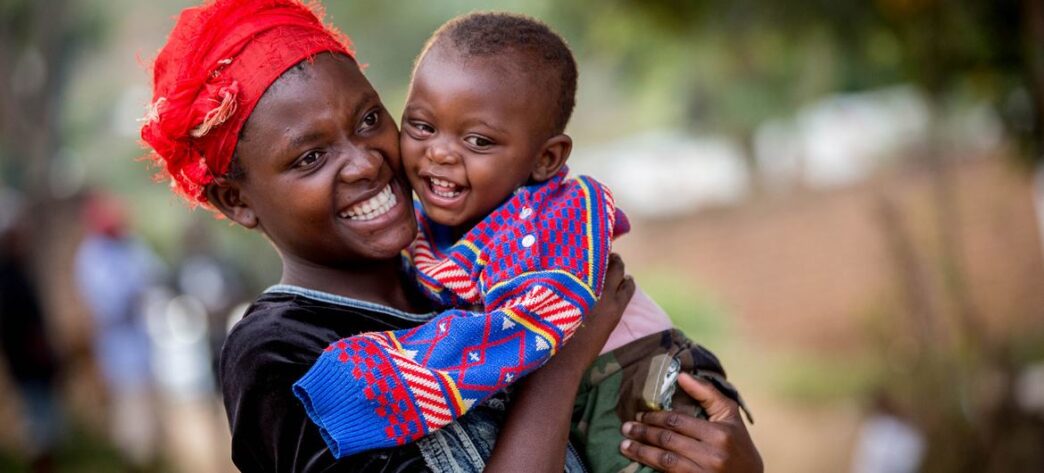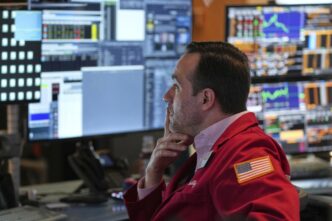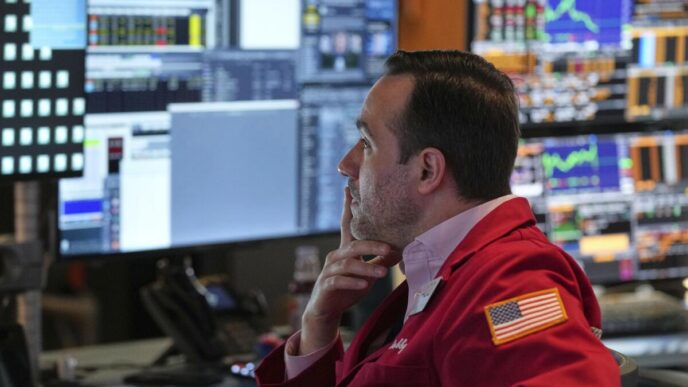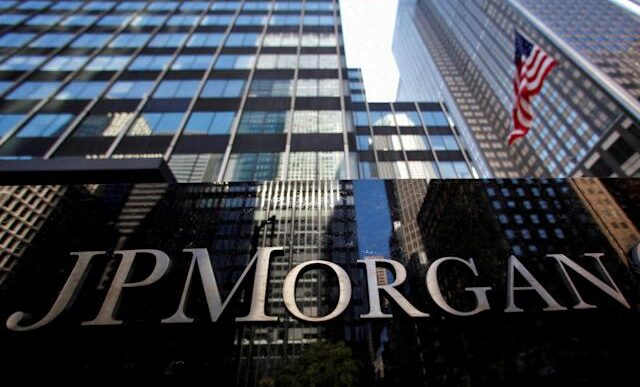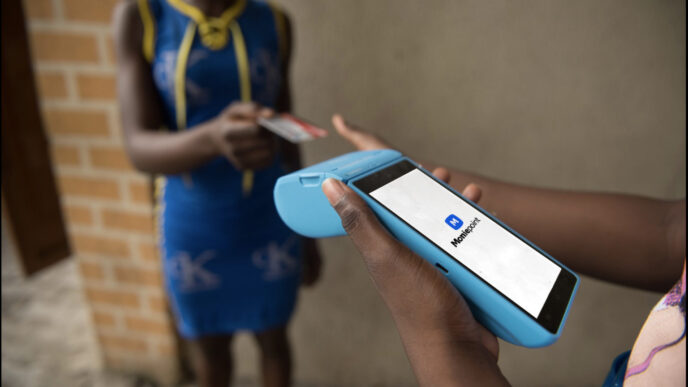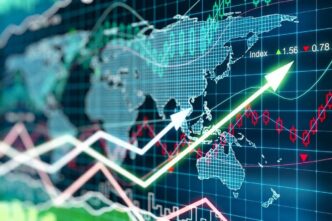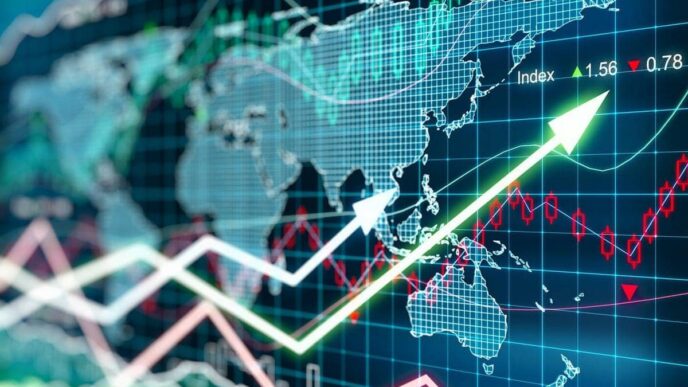As the world strives to meet the ambitious Sustainable Development Goals (SDGs), policymakers are rethinking traditional economic indicators—most notably, Gross Domestic Product (GDP). The United Nations and economic experts argue that GDP, while widely used, is insufficient to measure true progress and well-being.
UN Secretary-General António Guterres has long advocated for moving “beyond GDP,” emphasizing that a more comprehensive economic framework is needed—one that values human well-being, sustainability, and inclusivity.
Beyond GDP: A Limited Metric for Progress
GDP has been the dominant measure of economic performance for decades. However, it was never designed to assess overall well-being, nor does it capture crucial aspects such as social equity, environmental health, or human capital.
“GDP does a poor job—or fails entirely—at measuring these factors,” says Özge Aydogan, Director of UN Geneva’s Beyond Lab, a think tank focused on social innovation and sustainability. “Right now, we operate in an extractive economic model. The goal is to shift towards a system where wealth is created not just for financial gain, but for the benefit of people and the planet.”
To address this, the Beyond Lab collaborates with governments, researchers, and sustainability experts to explore alternative ways of assessing a nation’s economic health.
A Regenerative Economic Future
Despite growing consensus on GDP’s limitations, policymakers are still grappling with what a post-GDP economy would look like and how to transition to it.
For Aydogan, an ideal future economy—perhaps by 2050—would be regenerative, meaning it replenishes natural resources rather than merely consuming them. “We are not aiming to replace GDP altogether,” she explains. “Rather, we need to complement it with holistic metrics that acknowledge natural, social, and human capital.”
Alternative Economic Indicators
Alternative measures of economic success are not new. In 1972, Bhutan introduced the Gross National Happiness (GNH) index, which evaluates a country’s progress based on sustainable development, environmental conservation, cultural preservation, and good governance. Similarly, the Human Development Index (HDI) assesses life expectancy, education, and living standards to provide a broader picture of national well-being.
According to Nathalie Bernasconi of the International Institute for Sustainable Development (IISD), research increasingly shows GDP’s inadequacy in capturing true prosperity. “Change-makers need to translate scientific evidence into policy,” she says, calling for incentives that encourage governments to move beyond the outdated GDP model, which was originally designed in the 1930s to measure economic output during the Great Depression.
The Hidden Costs of GDP Growth
GDP is not necessarily an indicator of sustainable growth. In some cases, environmental disasters have artificially boosted GDP due to the cost of recovery efforts. For instance, the 2010 BP Deepwater Horizon oil spill and the 1989 Exxon Valdez disaster in Alaska temporarily raised U.S. GDP due to job creation in clean-up operations—yet both caused catastrophic environmental and economic damage, consequences not captured by GDP calculations.
“Why do we place higher economic value on destruction rather than preservation?” asks Bingying Lou of the Beyond Lab, referencing an indigenous environmental activist who posed the same question about valuing dead trees over living ones.
Rethinking Economic Priorities
Global leaders are recognizing the need for new economic frameworks to address pressing challenges like climate change, inequality, and debt. Ambassador Matthew Wilson of Barbados to the UN in Geneva advocates for fresh thinking and greater multilateral cooperation to address economic disparities and financial crises.
“Recent events remind us that just when we think we’re making progress, setbacks pull us back,” Wilson says. “Multilateralism has its flaws, but without it, our global situation would be far worse.”
A Call for Action
The challenge remains whether politicians will shift their focus from GDP-driven narratives to alternative indicators that reflect true prosperity. “We’ve been conditioned to view economic success in a certain way,” Aydogan notes. “Yet, the fact that we are breaching planetary boundaries proves that the status quo is no longer viable.”
Policymakers will further explore these ideas at the International Conference on Financing for Development in Seville, Spain, from June 30 to July 3, 2025, and at the World Social Summit in Doha, Qatar, in November 2025. These events may provide a turning point in the global conversation on redefining economic success.


